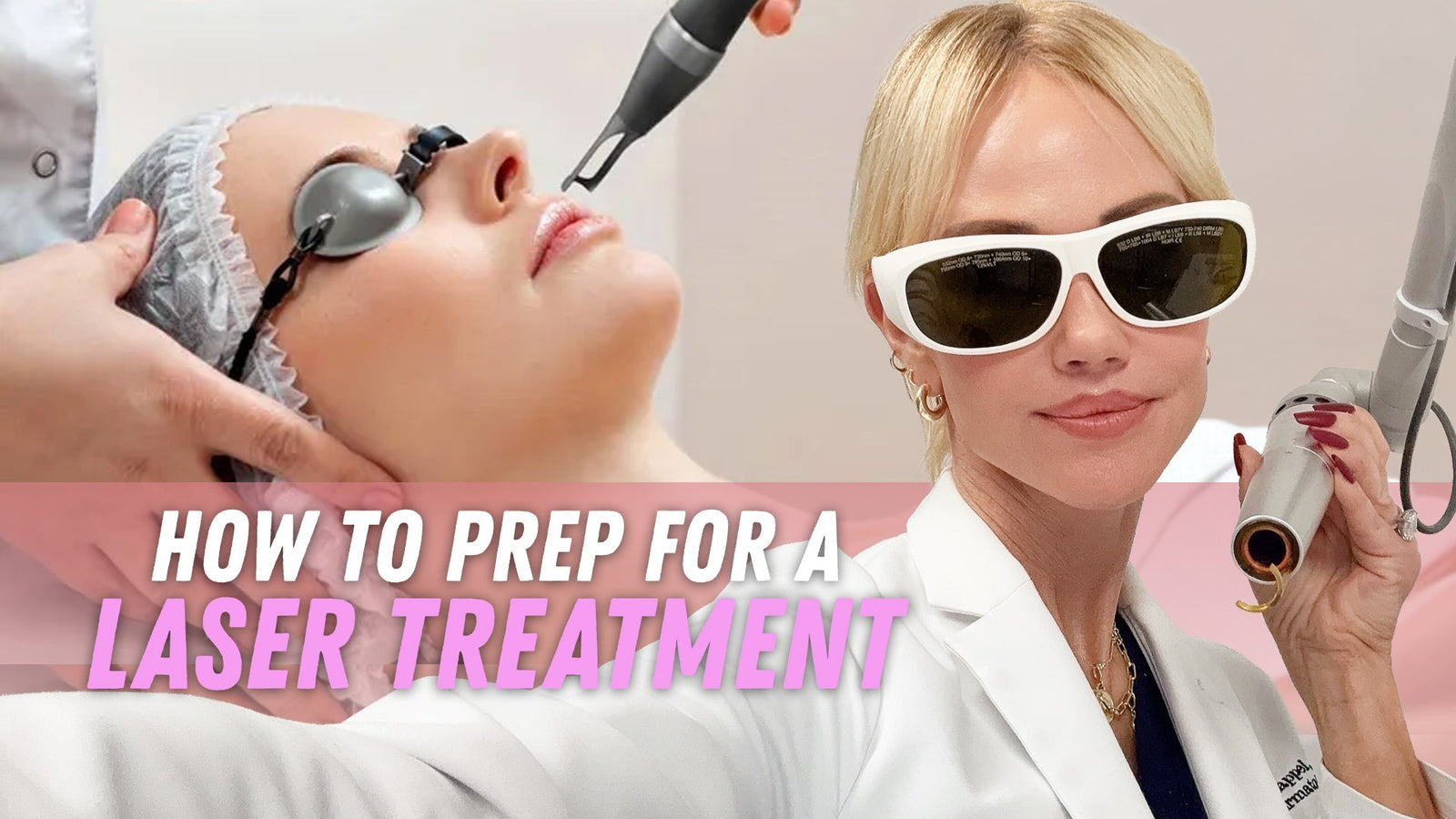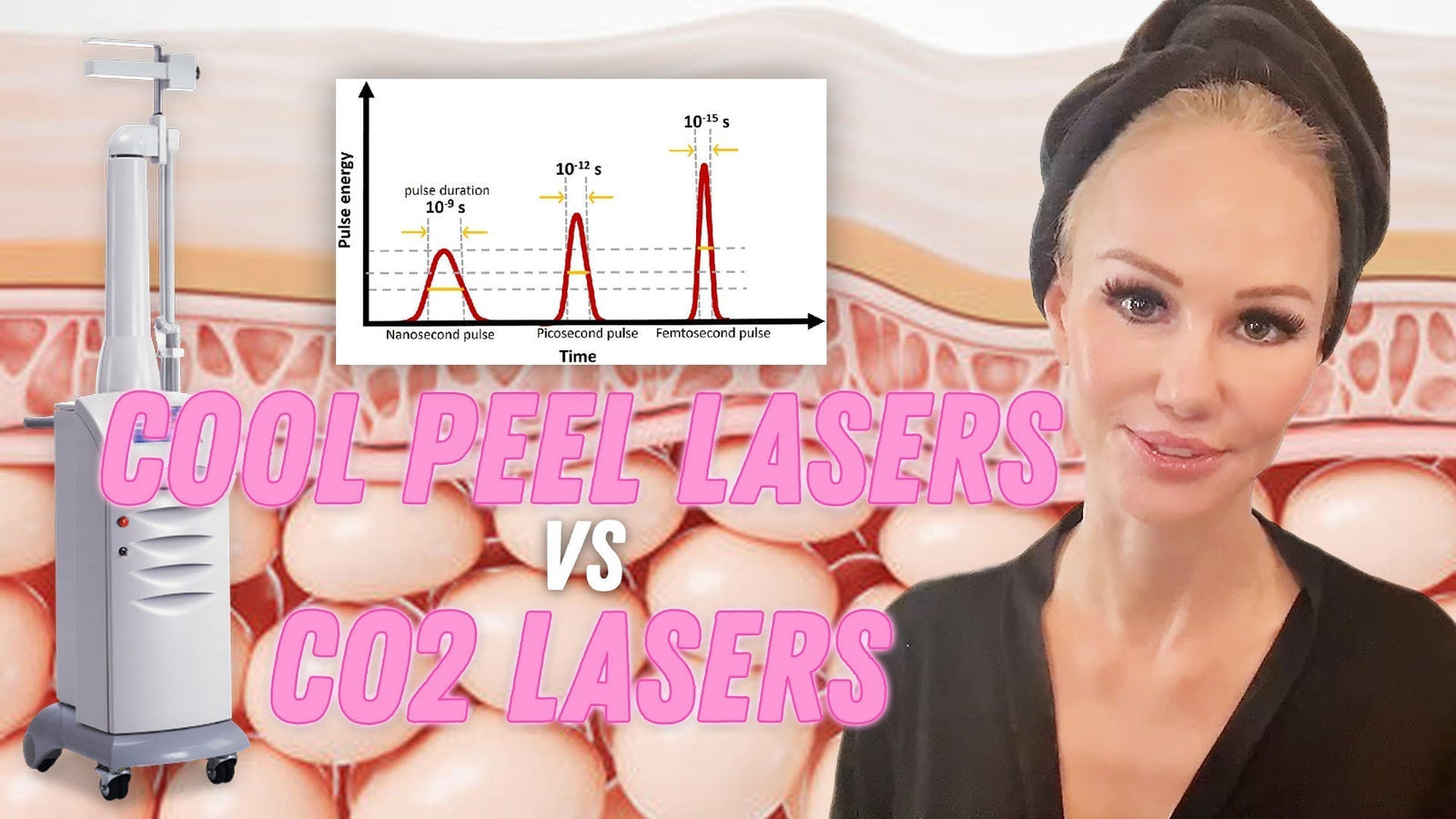Hi my Beauties!
In today’s blog, we’re going to be unraveling the Intricacies of Collagen and understanding its pivotal role in anti-aging.
This two-part series aims to provide you with insight into the science behind collagen, its influence on the aging process, and the intricate factors that contribute to its degradation.
In part one, we’re going to discuss COLLAGEN KILLERS, or things that degrade and damage our collagen stores. Next week, we’ll discuss COLLAGEN BUILDERS; things we can do to restore and replenish lost collagen.
Watch the corresponding YouTube video for a deeper dive on all things Collagen.
What is Collagen?
Collagen stands as a structural support protein present throughout our bodies, from the skin and eyes to teeth, muscles, bones, tendons, cartilage, and ligaments.
This protein bestows a smooth and resilient texture to the skin, owing to its composition of amino acids and a precursor known as procollagen. The unique triple helix structure of collagen, reminiscent of a chain of polypeptides, serves as the backbone of its structural support to the skin.
The Aging Process and Collagen Loss
As the years progress, our bodies undergo the natural process of aging, and collagen becomes a victim of degradation. This degradation is influenced by various factors such as exposure to UV light, blue light from screens, stress, dietary choices, and environmental pollutants.
Starting at the tender age of 20, we witness an annual loss of 1% of collagen. Dermatologists often cite a 10% collagen loss per decade until age 20, after which our ability to regenerate collagen lags behind its breakdown.
Protecting Collagen – UV light and Blue Light
The safeguarding of collagen involves strategic measures, beginning with photoprotection against UV light through the diligent use of sunscreen. UV damage is one of the most harmful elements to our collagen. Watch the corresponding YouTube video for a science lesson on the effects of UV light (light from the sun) and HEV or blue light (light from our devices) on our collagen.
Minimizing exposure to blue light, managing stress, and embracing a healthy lifestyle replete with a balanced diet and proper hydration emerge as pivotal practices to shield our collagen reservoir.
The Impact of Lifestyle Choices
Harmful habits, such as smoking, excessive alcohol consumption, and a diet high in processed foods, contribute significantly to collagen breakdown. These practices not only exacerbate inflammation but also impede the body's natural collagen regeneration mechanisms.
In my video, I take you through a deep dive on the science of smoking and what it is actually doing to your skin — if you smoke, you won’t want to miss this part.

Environmental Protection
Shielding our skin from environmental pollutants is a challenging yet essential aspect of collagen care. Sunscreens containing iron oxides provide a valuable defense against oxidative stress, while a diet rich in antioxidants supports the skin's ability to combat external threats.
The Role of Skincare and Makeup
Investing in high-quality skincare and makeup assumes paramount importance in collagen preservation. Low-quality products may harbor ingredients that induce inflammation and contribute to collagen breakdown.
Additionally, adhering to a meticulous cleansing routine ensures the removal of potential irritants before and after physical activities and at bedtime.
Nutrient Deficiency
Ensuring an adequate intake of essential nutrients, particularly vitamin C, becomes a cornerstone in supporting collagen synthesis. Topical applications of vitamin C, coupled with a well-rounded diet, contribute to the overall health of collagen structures.
The MDAiRE Vitamin C-FK Brightening Complex is a great option for topical application of Vitamin C.
It's Never Too Late to Build Collagen
Contrary to prevalent misconceptions, our skin remains dynamic and responsive throughout our lives. Stimulating collagen synthesis and fostering skin rejuvenation is a plausible undertaking at any age.
In our next video and blog, we will delve into actionable steps, exploring at-home remedies, supplements, and in-office procedures designed to fortify, protect, and restore collagen.
Another great option for rebuilding collagen is our MDAiRE RXR Retinol Anti- Aging Serum. With our advanced delivery system of Retinol you will see the stimulation of collagen. With the addition of CoQ10 and Tripeptide-5 you get support in the induction of collagen synthesis. This is a well tolerated highly efficacious serum that supports collagen growth.
Wrap Up
Understanding the complexities of collagen unveils the secrets of anti-aging and longevity.
In this first part, we navigated through the fundamental aspects of collagen, the aging process, and the contributing factors to its degradation.
Stay tuned for the second part of our collagen series, where we will explore practical steps to elevate collagen health and dispel common myths.
Thanks for diving into the science of college and learning with me today!
MDAiRE FOR COLLAGEN
If you’re looking for a skincare product to help with anti-aging and protection check out MDAiRE products HERE



